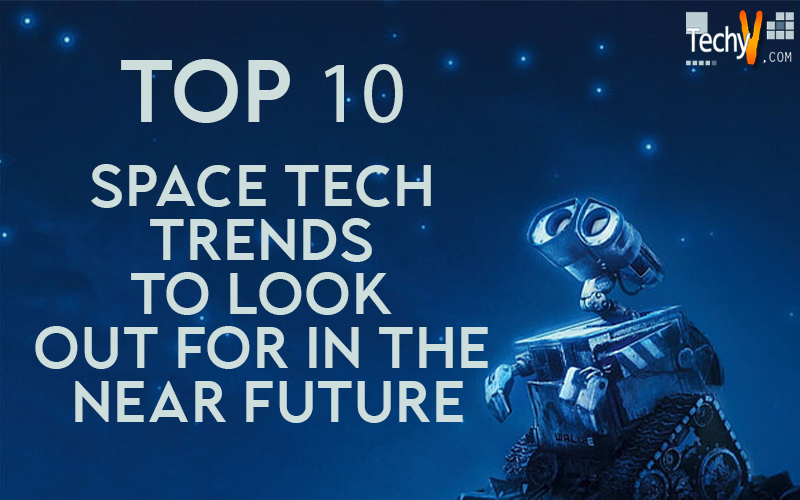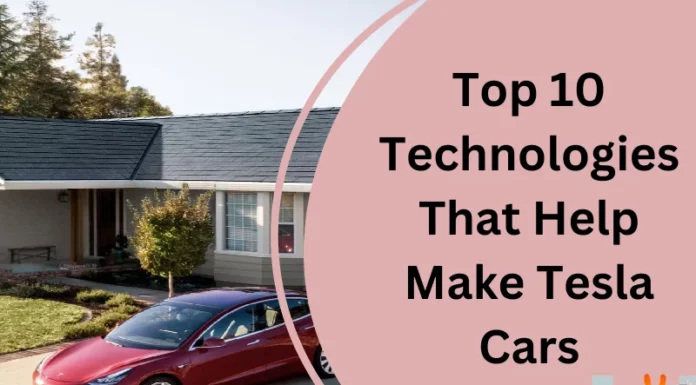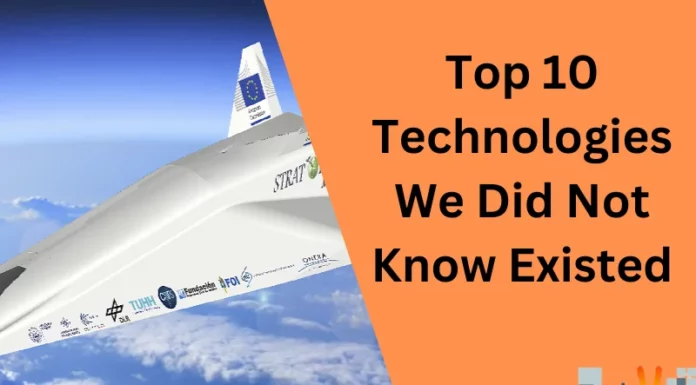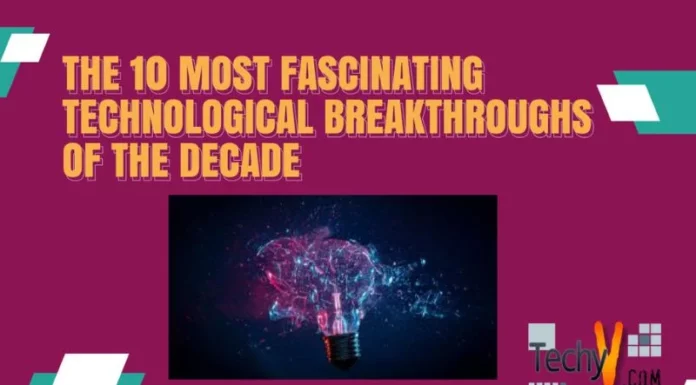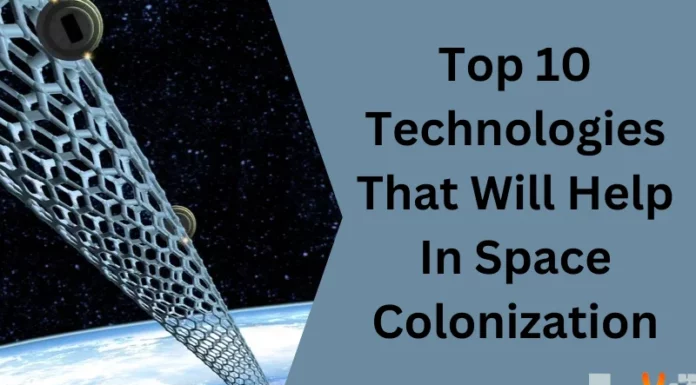Do you think we can colonize Mars in 2022? The latest innovation in space technology has prompted us to reconsider what once was considered fiction. Disruptive technologies like 5G, advanced satellite systems, big data, IoT, cloud computing, and robotics to name a few are driving the evolution of the space industry. We cannot debate the importance of space technology. We find its application in weather forecasting, GPS, satellites, and remote sensing to name a few. Let us delve into space tech trends to follow in 2022:
1. Space Traffic Management
The management of space debris that is a threat to space tourism and exploration is the hottest trend being explored. Space debris comprises satellites, debris from explosions, and even rocket propellers. Many startups such as ClearSpace and OrbitGuardians are working towards cleaning up the space by developing feasible and tech-savvy solutions to tackle space traffic.
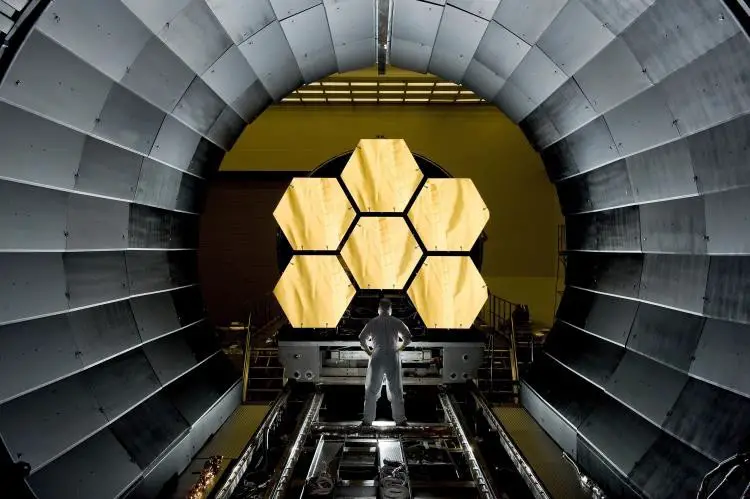
2. Space Mining
The mining of heavenly bodies is now the new reality, not just a Hollywood science fiction(Sci-fi) movie or a novel. The extraction of minerals from the heavenly bodies with the help of advanced space satellites and cameras is commonly known as Space mining which has the potential to turn into a billion-dollar industry through the extraction of minerals such as gold, iron, platinum, and many others. The attractiveness of the space mining industry turned the attention of private investors and startups.

3. Space Tourism
Imagine going to space for a vacation instead of Hawaii or Maldives. Initially, space tourism was considered out of reach and a distant fantasy, but rapid disruptions in space technology have made it a possibility. The space travel market according to a financial services company is estimated to be $3 billion by 2030 with many companies offering customized products including zero-pressure balloon trips and astronaut boot camps.
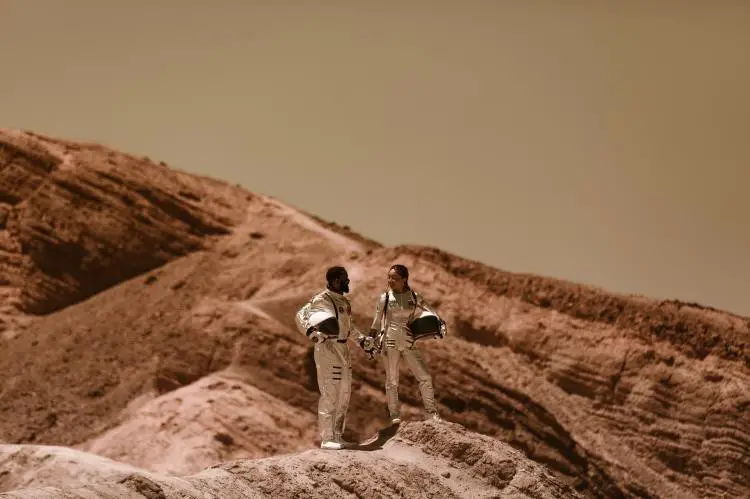
4. Reusable Rockets
Reusable rockets are a holy grail for space exploration and travel. Reusable rockets will lower the cost of exciting space missions by allowing the reuse of its components at different stages, thus making it economical to leave the earth’s atmosphere. SpaceX’s reusable rocket named SN20 and Blue Origin’s New Glenn rocket is well-known examples of reusable rockets.
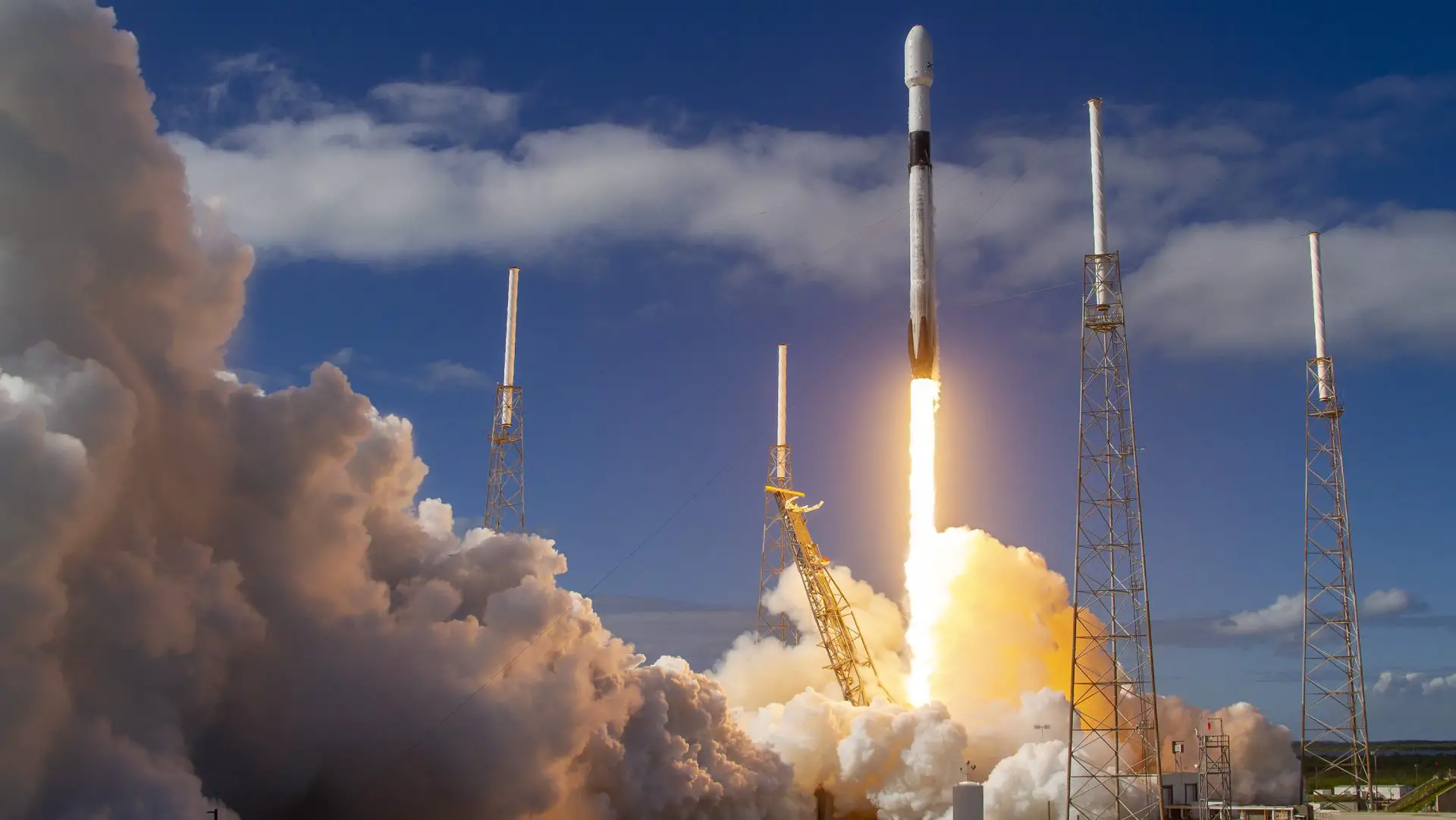
5. Low Orbit Satellites
Rapid innovation in low orbit satellites(LEO) at a lower cost will help connect remote and inaccessible regions with more than 1500 satellites in orbit and thousands in the pipeline. Low orbit satellites(LEO) operate at less than 2000 km altitude above the surface of the earth, thereby covering a wider area than the traditional satellites, which can only cover a fixed geographical location. Low orbit satellites can help improve satellite internet quality and infrastructure, especially in disaster-prone regions.
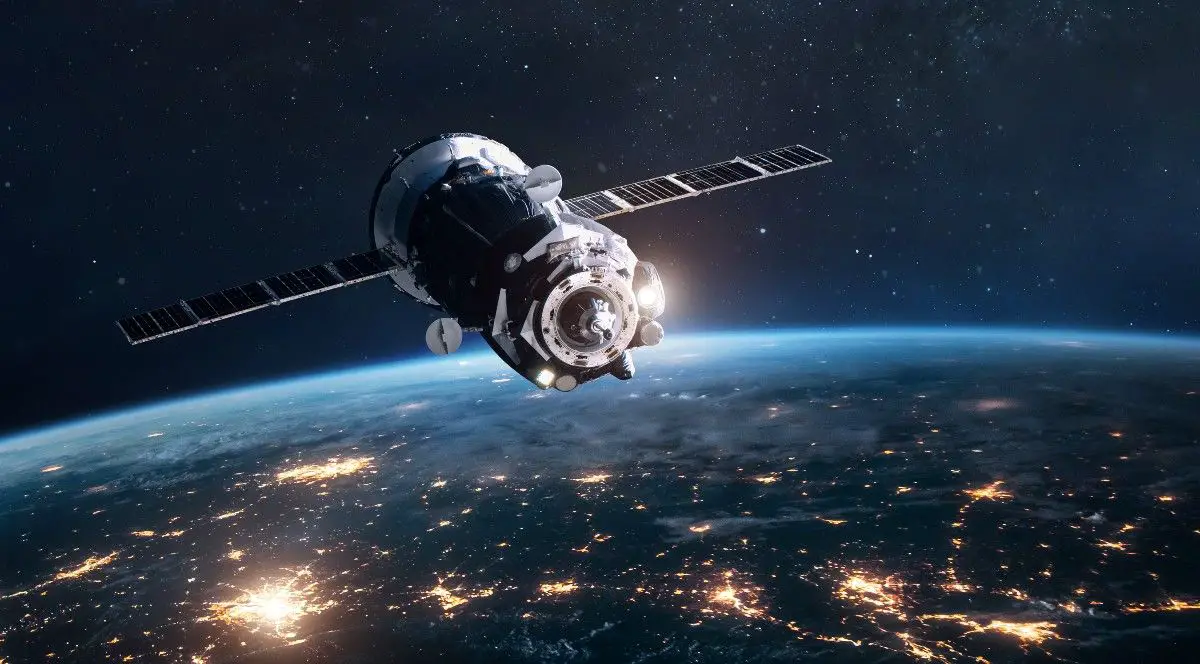
6. Space Manufacturing
Can there be factories and workstations in the space? Welcome to the future of manufacturing. Space Manufacturing means the assembly of manufactured goods within the space environment. One such option currently can be 3D printing in space, as it seems advantageous to manufacture in space than on earth. Manufacturing in space helps make space missions sustainable and flexible for manufacturing experts and space enthusiasts.

7. Smart Propulsion
Traditional propulsion has environmental and economic costs associated with it. This has made it imperative to explore alternative and sustainable methods of propulsion. One such method is smart propulsion which uses water, electricity, and other greener alternatives to ensure the cleaner and sustainable launch of satellites into space. Many startups have already started exploring this space, like ThrustMe uses iodine as the fuel and Dawn Aerospace uses non-toxic, greener fuels for propulsion.
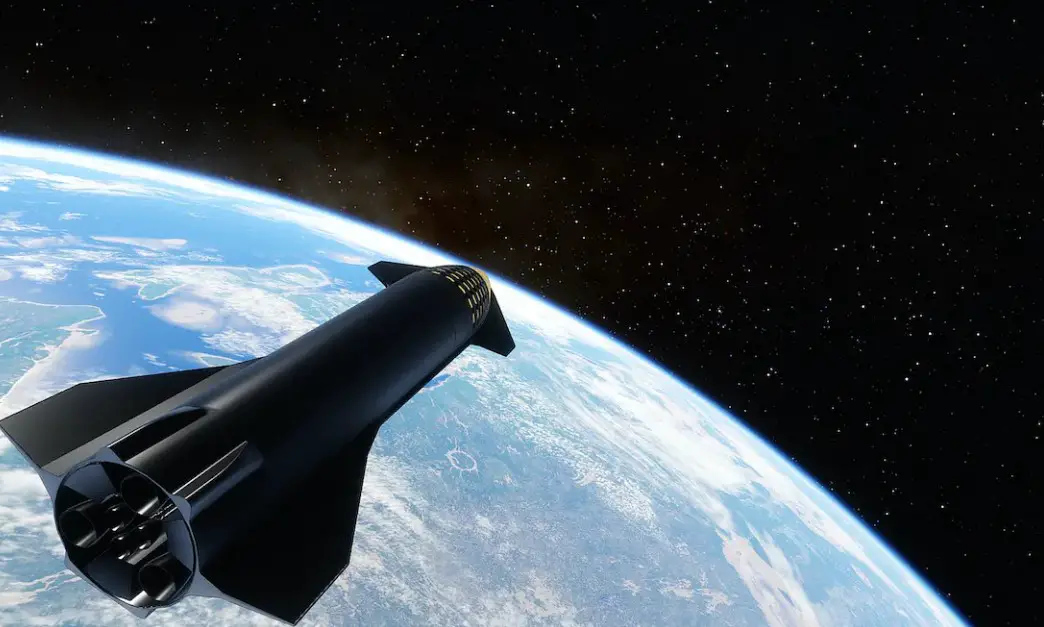
8. Management Of Space Activity
Management of space activity means managing every move, including the movement of people. Space activity management includes managing tourism, space missions, space manufacturing, and any other such activities. Management of activities in the space has created business opportunities for Leviathan Space Industries, a space tech startup working on building a space station network for the management of space activities, including tourism, travel, and people.
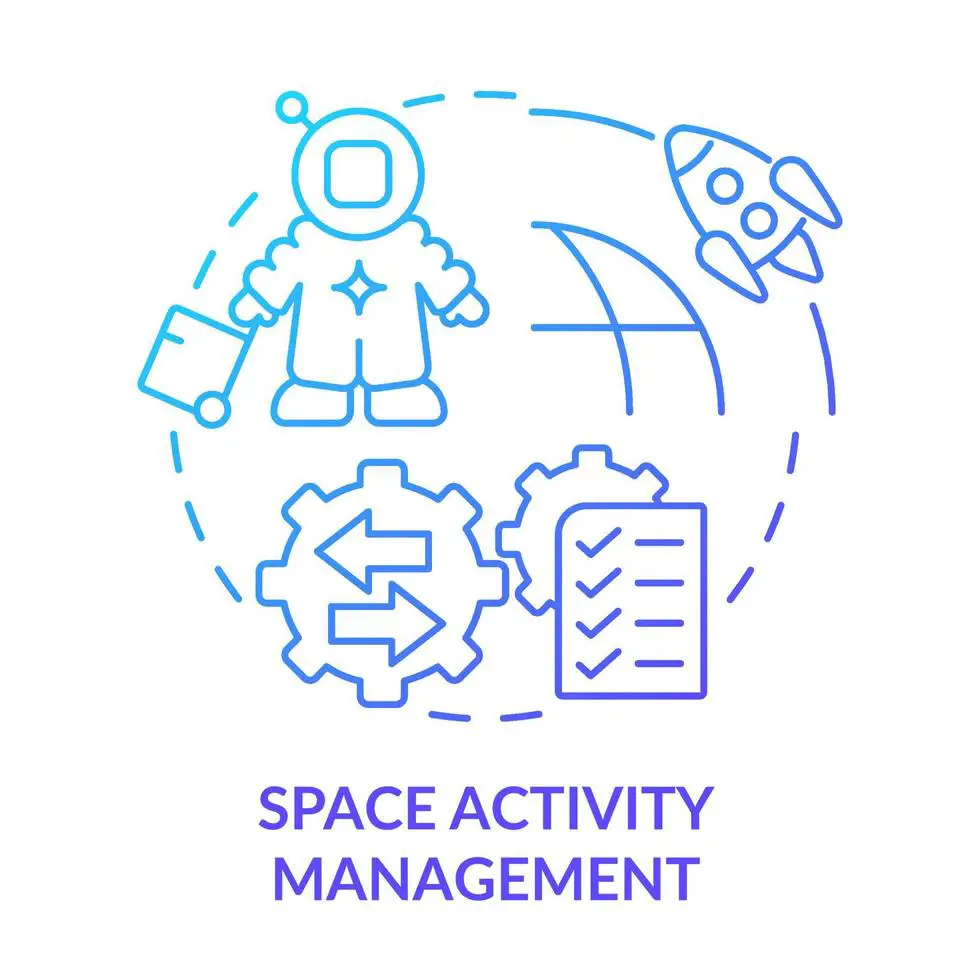
9. Space Technology For Climate Change
Space technology is now considered one of the critical methods to deal with climate change, enabling nations to achieve their 2030 Sustainable Development Goals. A good example to reflect can be to use the materials developed to conserve heat in spacecraft, as an insulator to protect the buildings. The satellite imagery can help track the forest cover and carbon emissions more accurately, especially in underdeveloped and inaccessible regions.
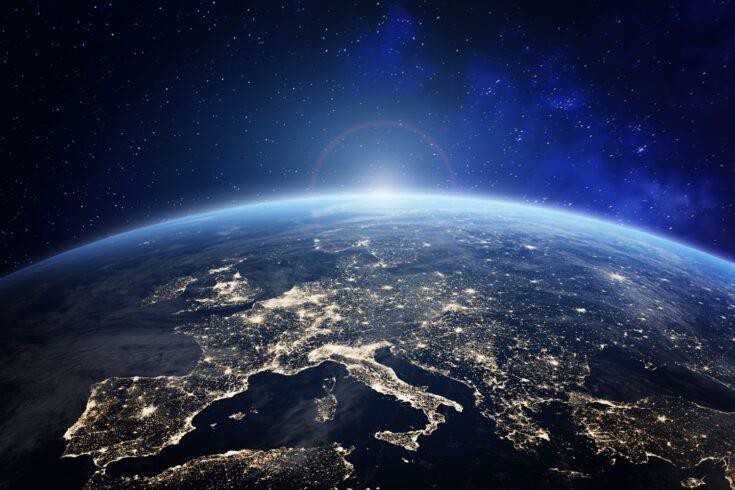
10. Spacetech Data
We can draw meaningful inferences using the gigantic amounts of data collected from space through satellites and low earth orbit satellites for better analysis, treatment, and management of data. Startups are now increasingly venturing into SpaceTech data using big data, IoT, cloud computing, blockchain, and Artificial Intelligence(AI).




